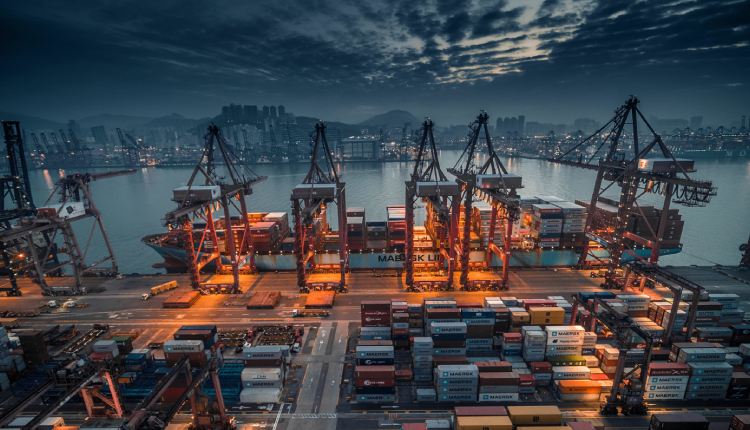Global trade is set to reach an unprecedented $33 trillion in 2024, reflecting a $1 trillion increase and 3.3 per cent annual growth. The rise is driven by a 7 per cent expansion in services trade, contributing $500 billion, while goods trade grew at a slower 2 per cent, remaining below its 2022 peak.
Developed Economies Lead Q3 Trade Growth
Developed countries outperformed developing nations in Q3 2024, with imports growing 3 per cent and exports rising 2 per cent.
- Japan achieved a 5 per cent increase in goods exports and a 13 per cent annual jump in services exports.
- The US saw merchandise imports rise 4 per cent annually and quarterly.
- The EU sustained strong services trade growth.
Challenges for Developing Nations
Developing countries faced hurdles in Q3 2024, with imports down 1 per cent and exports up just 1 per cent.
- South-South trade fell 1 per cent for the quarter, but annual trade growth remained positive at 3 per cent.
- China saw quarterly declines in goods imports (1 per cent) and exports (2 per cent), though services exports rose 9 per cent.
- India’s quarterly goods imports fell 1 per cent but posted a 4 per cent annual increase.
ICT and Apparel Drive Sectoral Growth
Key sectors such as ICT and apparel spurred Q3 trade growth. Communication equipment and office equipment trade rose 13 per cent for the quarter, while apparel trade surged 14 per cent. Meanwhile, road vehicles trade declined 3 per cent, energy trade dropped 2 per cent, and metals and textiles fell 3 per cent and 4 per cent, respectively.
Uncertain 2025 Outlook Amid Policy Risks
The 2025 trade forecast faces uncertainties due to potential US tariff changes that could disrupt global value chains. Nations with large trade surpluses with the US—such as China ($280 billion), the EU ($205 billion), and Mexico ($150 billion)—are at higher risk. Additionally, the US dollar’s trajectory and macroeconomic shifts add to global trade concerns.
Attribution: UN Trade and Development (UNCTAD)
Subediting: M. S. Salama


